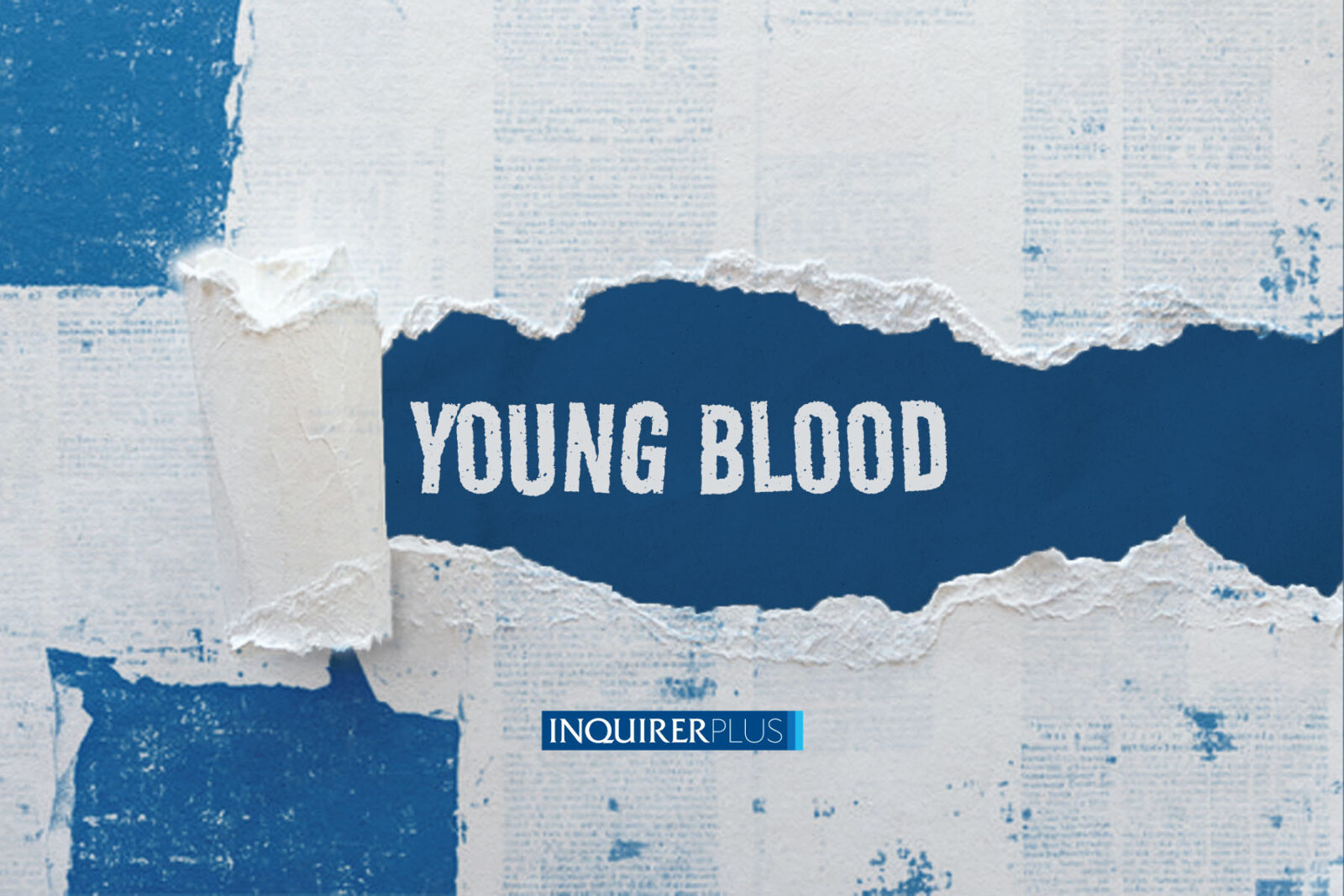One last graceful leap

I cut people off. And it’s been that way since high school—not out of hate for others, but because I hated myself more.
I always have this strange premonition that if I get along with other people deeper, they would ask me questions I wouldn’t be able to answer. It is a dilemma for me throughout my teenage years. How do you let people in when you don’t even know who you are?
I was born with traits that aren’t quite tangent with the expectations of my community and family.
I still remember being 7, playing with the neighborhood kids one warm June afternoon. School hadn’t started yet. The boys were trading text and “pogs,” while I played Chinese garter with the girls in front of my Lola’s house. I wasn’t just playing—I was the “mother” of the team, jumping with pride and grace, saving my “nakshies” when they missed a turn. I leapt over the pink garter, level by level, until it reached seven fists above our heads.
Just as I took a few steps back to gain momentum for my final jump, I heard Lola’s voice cut through the summer air.
“Aeron, umay ka man idtuy! (Aeron, can you come here?),” Lola shouted.
I went to her. “Apay, ‘la? (Why, Lola?),” I replied.
“Apay kasta ti ayayamem? Apay bakla ka? (Why are you playing that? Are you gay?)” she asked.
I don’t remember the exact words she said. What I could remember—clearly, painfully—was what happened after. That was the loudest I have cried in my entire life. Not because of what she said or how she delivered it, but because I was still a kid and I couldn’t answer her.
So I hid my true self.
I toned down my gayness even just before discovering who I really am. But I did understand Lola. She wanted me to be protected. Our gay community is prone to bullying or tend to be cast aside. Respect wasn’t given freely—it was something you had to earn, often at the cost of hiding who you were.
I was one of those kids who appeared masculine, yet was soft and fragile on the inside. I compensated by collecting school awards and recognition—along with crowns and sashes from male pageants. And I wore them like armor to protect myself from questioning and loathing.
That was when I began shutting people out. Because I was scared it would get to a point where I had to respond to questions with no answers. It’s not that I don’t value human connections, but because I feared what might follow if people found out the real me. And I continued doing so in college—I kept my distance.
I have become too used to this version of myself—the one people find easier to accept. And if others hated the real me, I’d probably hate myself even more. So I push people away. That way, they won’t expect anything from me. They won’t be disappointed. They won’t have a reason to hate me. I cut connections with no hesitation; as rejection just echoes what I already fear inside.
But things started to shift when I began seeing this as a problem. Pride taught me something powerful: we don’t have to live confined by our community’s expectations. It is only us who are stopping ourselves from reaching our full potential. I slowly started understanding myself, piece by piece—from my body to my identity to my desires.
And the more I understood myself, the braver I became.
I began breaking the box I had once forced myself into. I dress how I want. I love who I want. I am who I want to be. No one will truly love me if I don’t start loving myself first. And now I see it clearly: if I want respect, it has to begin with self-respect.
So now, I give myself permission to be limitless.
I firmly believe that to live without limits, one has to start breaking the patterns that hold them back from their dreams and hopes. From there, they begin to feel happier, more productive, and start to flourish. Isn’t that how life is meant to be lived? To be passionate about the things we genuinely love and care for? The only way to do that is by going deeper within ourselves.
We shouldn’t let ourselves be indoctrinated into anyone else’s value system—forced to conform, to ignore our intuition, to pretend to be someone we are not. Don’t fall into the trap of constant comparison, competition, tribalism, doubt, hesitation, or chasing illusions.
Because when we don’t know ourselves, we end up fighting ourselves. And it’s no wonder we end up fighting the world, too.
It’s not easy. It’s a process. It’s an experience. And I trust in the beauty of that experience.
And as I go through that experience, I believe I am taking my momentum back—that once was lost—to leap more gracefully than the 7-year-old me could even imagine.
—————-
Aeron John C. Galla, 21, is a sweet little “bi-boy” who was once scared to be seen.

















PH-China: Troubled present, hopeful future